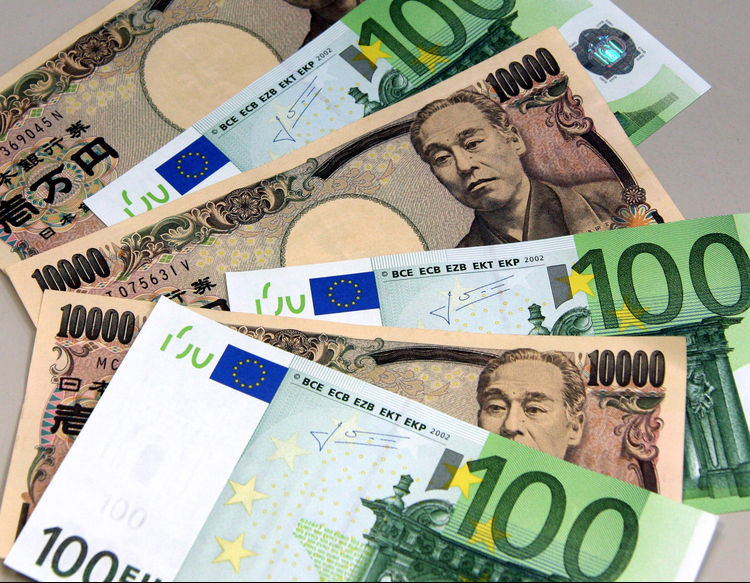Forex
Yen Gains, Asia Stocks Stall on Trump Nafta Remark

Naira
Dollar to Naira Black Market Today, April 25th, 2024
As of April 25th, 2024, the exchange rate for the US dollar to the Nigerian Naira stands at 1 USD to 1,300 NGN in the black market, also referred to as the parallel market or Aboki fx.
Naira
Dollar to Naira Black Market Today, April 24th, 2024
As of April 24th, 2024, the exchange rate for the US dollar to the Nigerian Naira stands at 1 USD to 1,260 NGN in the black market, also referred to as the parallel market or Aboki fx.
Naira
Nigeria’s Naira Dips 5.3% Against Dollar, Raises Concerns Over Reserve Levels
-

 Forex3 weeks ago
Forex3 weeks agoZiG to the Rescue: Zimbabwe Shifts Gear with New Currency Backed by Gold
-



 Naira2 weeks ago
Naira2 weeks agoDollar to Naira Black Market Today, April 9th, 2024
-

 Billionaire Watch2 weeks ago
Billionaire Watch2 weeks agoNigerian Billionaire Tony Elumelu Contemplates Acquiring NPFL Club
-





 Naira2 weeks ago
Naira2 weeks agoDollar to Naira Black Market Today, April 8th, 2024
-





 Naira2 weeks ago
Naira2 weeks agoNaira Hits Eight-Month High at 1,120/$ Amidst Central Bank Reforms
-





 Naira1 week ago
Naira1 week agoDollar to Naira Black Market Today, April 17th, 2024
-





 Naira4 weeks ago
Naira4 weeks agoNigerian Naira Surges to N1,350 per Dollar in Parallel Market
-





 Naira3 weeks ago
Naira3 weeks agoDollar to Naira Black Market Today, April 1st, 2024










